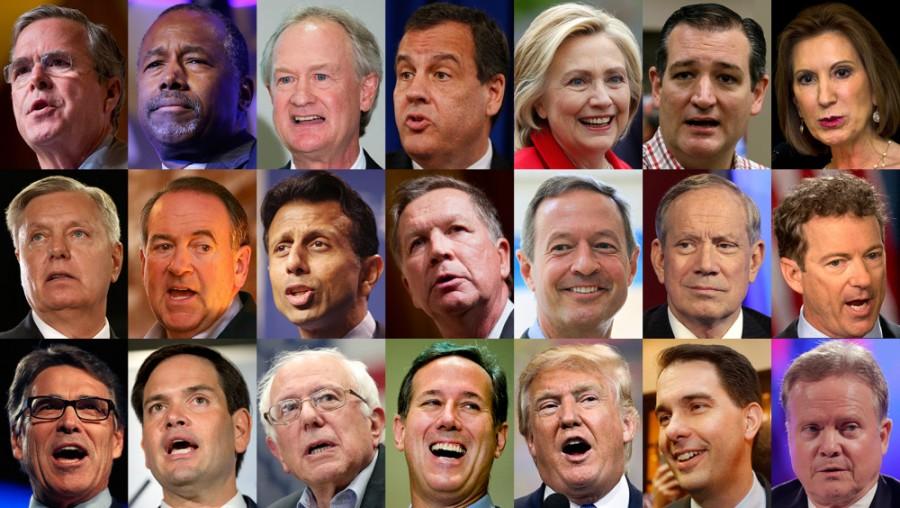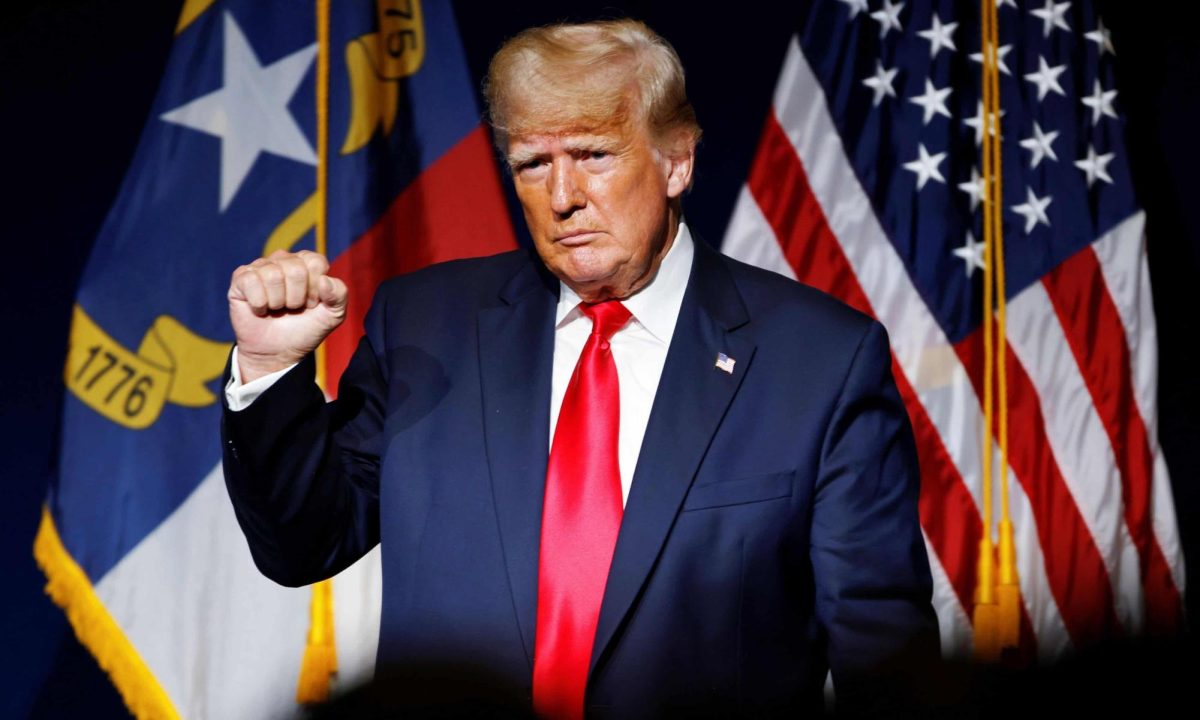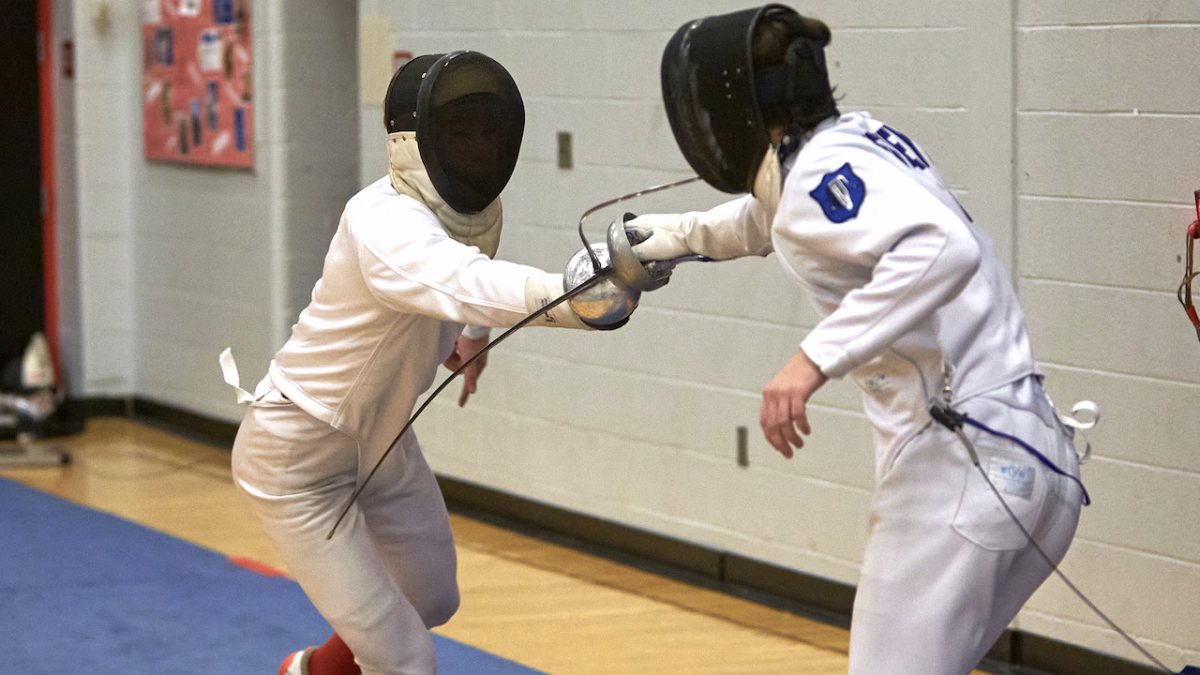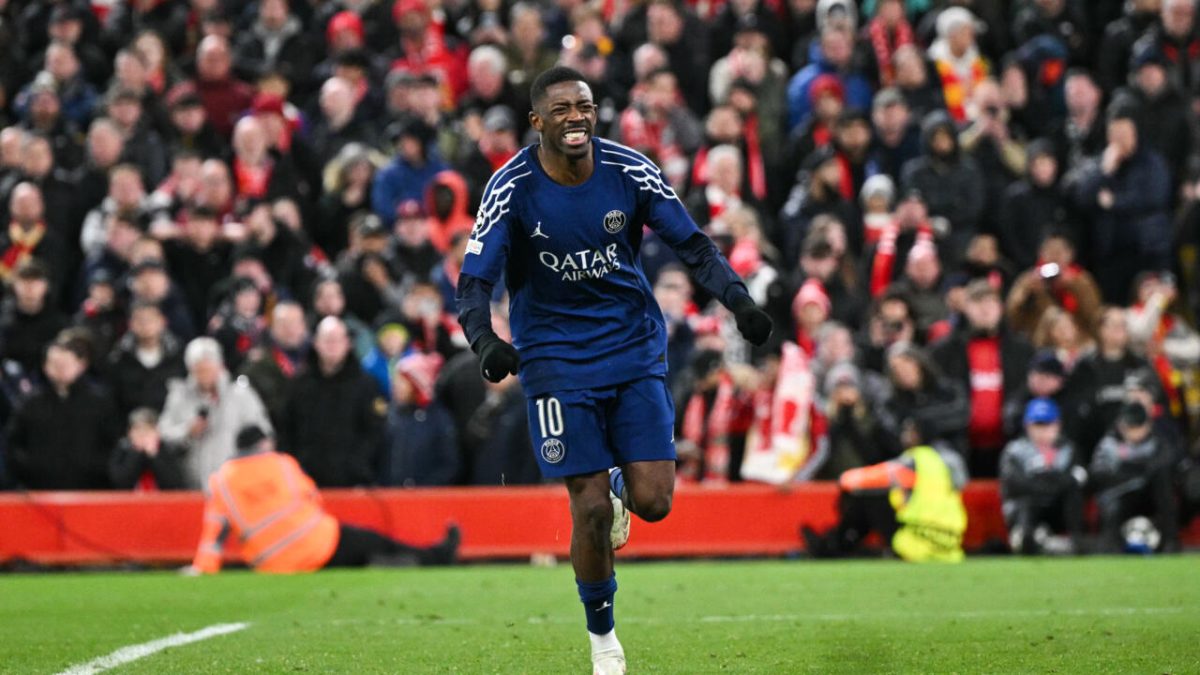Election Outlook For The 5 Most Important Candidates
February 3, 2016
Cruz
Having won Iowa, Cruz is sure to ride high with positive press coverage and a new injection of enthusiasm and optimism into his supporters. Unlike the Democratic caucuses or the Republican ones in 2012, he won by a relatively large and clear margin of 4 points, outperforming his RCP and HPP polling averages. At the same time, media attention can only so long linger on his victory. In only a week Cruz will have to avoid a surefire pummelling in New Hampshire, a state where Trump has led for a long time with clear, YUGE margins, and Cruz will have to fend off attacks in South Carolina in Nevada.
Trump
A lot of the expectations set for Trump by his juggernaut polling have been shattered by his underperformance in Iowa. This is likely due to the fact that many voters decide very late in the election who they vote for, some on the day of the caucus; while Trump has loyal supporters and has the support of many who made up their minds months ago, most of the voters who decide very late went to Cruz or Rubio. But Iowa was never Trump’s state in the first place. He never led Iowa, being overtaken at times by either Carson or Cruz. Demographically, this state should have been worse for Trump than it was, and Trump was given credit by many for so staggeringly splitting the evangelical vote (64% of voters were evangelical). Trump still enjoys large leads nationally, and is expecting a crushing victory in New Hampshire as well as the other early states, but the underperformance in Iowa will certainly dent his image.
Rubio
Like Cruz, Rubio overperformed the expectations set for him by polls. Many late-deciding voters went to his cause, and he emerged as the clear establishment favorite. As other establishment candidates flail, such as Kasich, Bush, Christie, and others, Rubio’s campaign is enthusiastic about its odds. Rubio is seen by many as the most electable candidate, and expectations for him have soared since his third place finish in Iowa, coming within 1 point of Trump.
Hillary Clinton
Clinton had a very rough night (and a very rough campaign) recently. She “won” by 0.2%, which prompted Sanders to call for a recount. Her lead nationally and in Iowa has slipped much faster than it did in 2008 against Obama. She’s set to be further pummelled in New Hampshire, where Sanders has, for weeks now, held a commanding lead. Clinton’s campaign is desperately trying to call its Iowa finish victory, but the statistical proximity of her rival makes the race much, much closer than she would be comfortable with. On the other hand, she holds an 8 point lead nationally.
Sanders
Sanders was one of the more interesting events of the night. Despite effectively tying Clinton, and calling for a recount, Sanders might have stalled at a crucial point. Iowa is demographically favorable to Sanders: he finds support among white liberals, whereas nationally he stalls among minority and moderate voters, with whom Clinton has a sizeable lead. The same demographic advantage that is propelling him in New Hampshire should have scored him a victory in Iowa, and the fact that it didn’t summons clouds of doubt around the viability of Sanders defeating Clinton. Even if he wins in New Hampshire next week, he will face an uphill battle nationwide, being the most openly progressive candidate perhaps in Democrat history. Sanders’ identification as a socialist may well damn him: Pew finds that negative reaction to “socialist” outweighs positive 59-39%, and in June 2015 Gallup found that if voting for a “well-qualified candidate” who had various possible characteristics, “socialist” was a deal breaker for more Americans than any other attribute, including gay, Muslim, or atheist.






